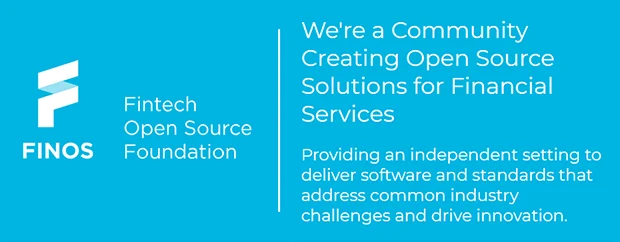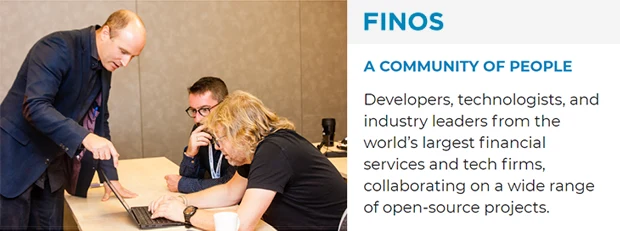According to a recent report from The Fintech Open Source Foundation (FINOS), open source contribution policies at financial services firms have become more permissive compared to last year. Approximately 65% of respondents note an increase in the time and effort their organizations allocate for them to contribute to open source. Additionally, respondents identified AI / ML, cybersecurity and cloud / container technologies as the most valuable open source technologies for the future of the industry.
FINOS conducted its third-annual survey to understand the state of open source adoption, contribution and readiness in the financial services industry. Its findings demonstrate an increase in open source participation on the part of the financial services industry. In fact, nearly all organizations, approximately 94%, allow some level of open source consumption. Seventy-eight percent report increased value from open source usage compared to a year ago. This is a significant increase over last year, when 62% of respondents reported getting more value.
Co-opetition is nothing new to open source software community adherents. Businesses share basic technology building blocks and compete higher in the technology stack through differentiated offerings. This spurs innovation in two ways. The increase in core technology innovation cycles and by enabling businesses to focus their research on differentiating capabilities.
Bad actors, namely aggressive corporations and patent assertion entities could be a hindrance to open source adoption and use in fintech. However, some of the leading financial institutions and their technology partners have sought core technology patent peace.
Patent Peace in Fintech
Open Invention Network is the largest patent non-aggression community in history. It’s role is to generate patent peace through a royalty-free cross license. Banks such as Barclays, Royal Bank of Canada, Sumitomo Mitsui, U.S. Bank, Toronto Dominion Bank and The Bank of Nova Scotia are all community members. As are financial services companies such as ADP, Ally Financial, Ant Group, Block, Broadridge, Equifax, Rakuten, Stripe and TransUnion.
Open Invention Network is a community of more than 3,800 organizations. It leverages a free license to require participant companies to forebear litigation and cross-license patents in the core of Linux and adjacent open source software. Given that almost all financial services and fintech platforms either run on open source software, or contain open source components, joining the group is a good first step in reducing patent risk. Its work to stifle patent trolls for its community is another strong reason to join.
Fintech has delivered many benefits and promises a great deal more. Industry participants looking for patent peace in their use of open source software should examine joining the Open Invention Network.



